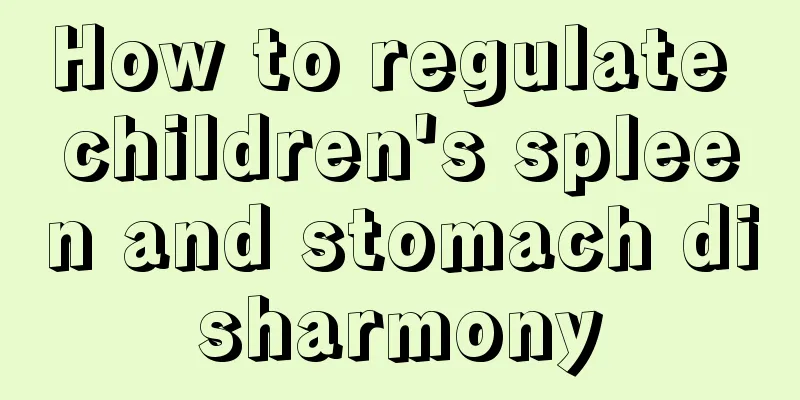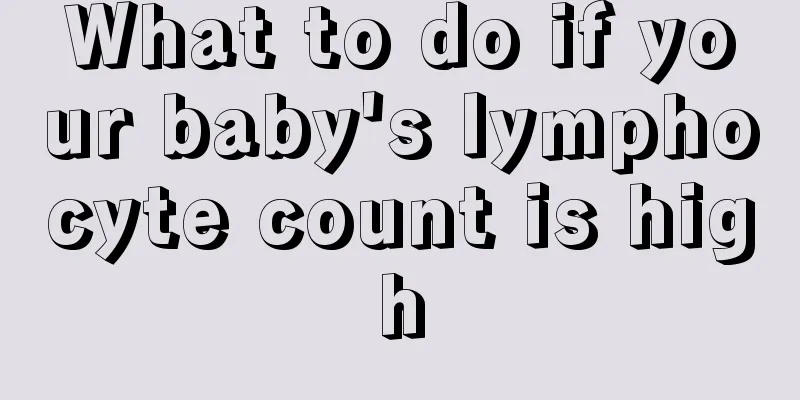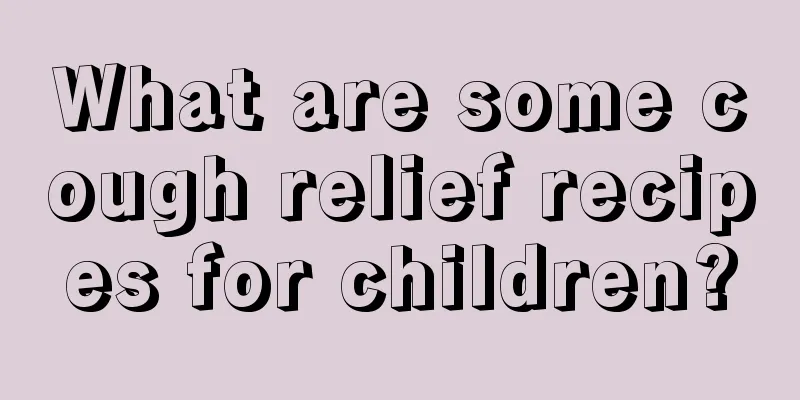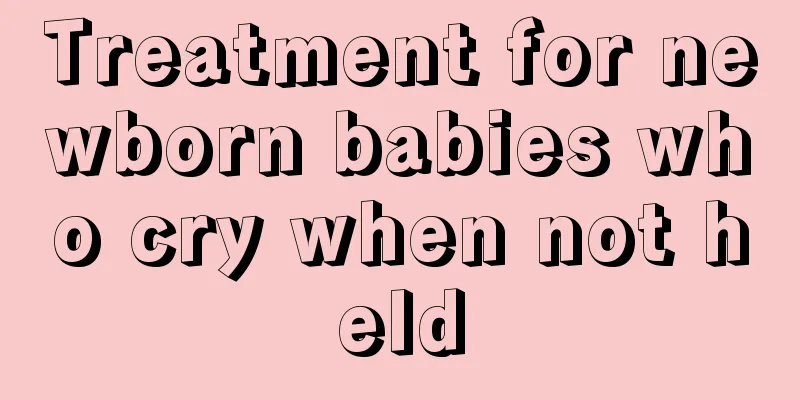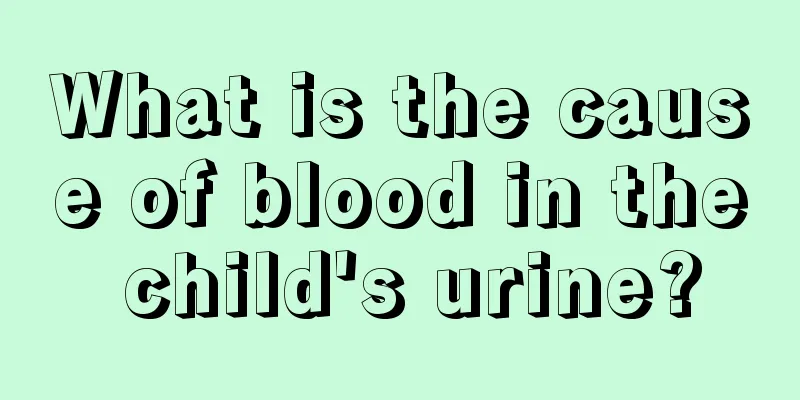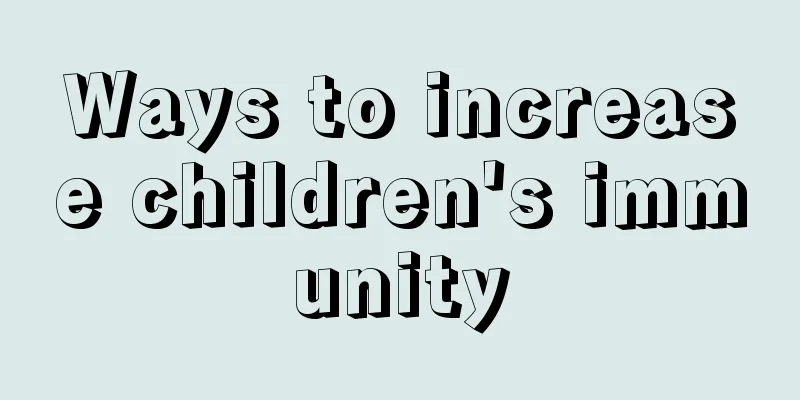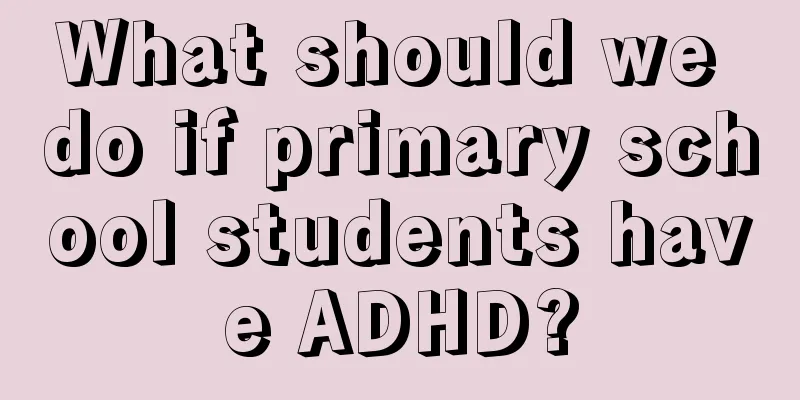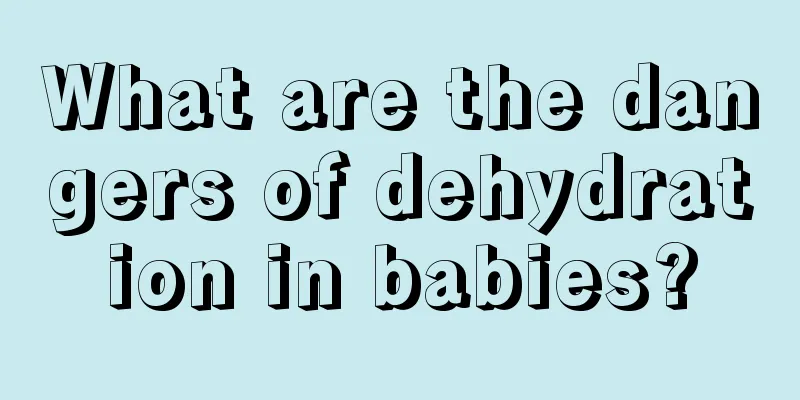What happens if a child has a fever after vaccination?
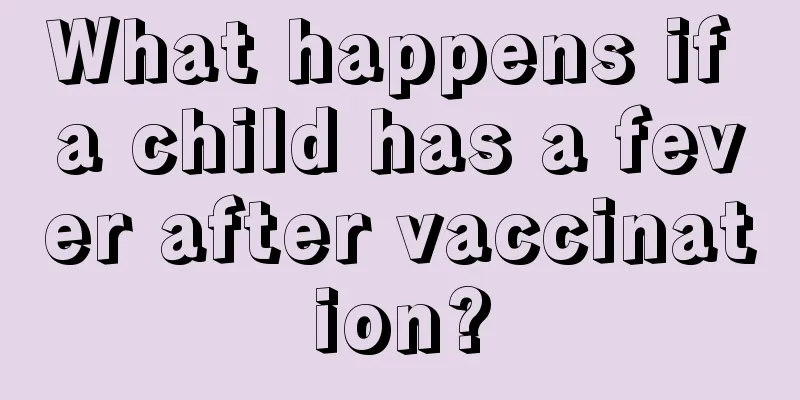
|
When we were very young, in order to prevent various diseases, we always had to take certain measures. Vaccination is one of them. We can resist various diseases through injections. However, after the vaccination, it will also cause us some adverse reactions. Children having a fever after vaccination is one of them. Let us take a detailed look at the reasons. Vaccines are made of bacteria, viruses or their toxins. Although these pathogenic factors have been inactivated or attenuated, they are all foreign proteins or antigenic substances that have a certain stimulating effect on the human body. Therefore, after the baby receives the vaccination, it may cause local or systemic reactions of varying degrees, among which fever is the most common reaction. Moreover, as age increases and the number of vaccinations increases, the fever will become more severe. For most infants, low-grade fever is more common and generally does not require special treatment and will resolve on its own after 1-2 days. A few infants also have stronger reactions, sometimes with body temperature exceeding 39°C, which may be accompanied by systemic reactions such as loss of appetite, nausea and vomiting. At this time, they should rest, pay attention to water replenishment, and use warm water baths. If necessary, they should take antipyretic drugs such as pediatric antipyretic tablets, Motrin, and Baifuning under the guidance of a doctor. If you still have a fever 2-3 days after the vaccination, you may have a secondary infection and should go to the hospital immediately. Transient fever may occur after vaccination, which is generally below 38.5℃, but may exceed this temperature in some individual cases. If the fever is caused by vaccination, you can just give antipyretic treatment and there is no need for oral cold medicine. However, there are also cases of upper respiratory tract infections caused by viral infections after vaccination. At this time, you need to see whether there are cold symptoms such as runny nose, nasal congestion or sneezing, or whether there is congestion in the throat. If these symptoms occur, you can take oral cold medicine. The above is about the situation of children having a fever after receiving vaccinations. Some fever symptoms usually appear after this kind of medical treatment. This symptom is normal, but if certain measures are not taken in time, it will also cause some more serious adverse reactions, so some physical cooling methods must be taken to help children cool down. |
<<: What should I do if my child has a fever after vaccination?
>>: What should I do if my child has a fever after vaccination?
Recommend
Children's Sinusitis Massage
For children, since all medicines have certain si...
Baby has a lump behind the ear that moves
Many people touch the back of their ears when was...
Treatment for children's midnight cough
We all know that many people have experienced cou...
How to relieve a child's fever of 43 degrees
Children are different from adults. Their physica...
Baby's face has acne and pus
Children are generally not prone to acne before t...
What are some appetizers for toddlers?
Everyone knows that many babies used to only eat ...
How to treat hydrocele in children?
There are two types of hydrocele, primary and sec...
Reasons for yellow urine in six-month-old babies
Many parents are particularly worried when their ...
My two-year-old baby often complains of leg pain. What's going on?
Many children experience leg pain while playing o...
Precautions for treating high fever convulsions in children
If suddenly one day, your child's face twitch...
If your baby farts a lot, moms should be careful because this is the reason!
Now many mothers have found that their babies far...
Can babies with cerebral palsy be amused? This is the truth!
Babies with cerebral palsy have relatively low fu...
What is the reason for the white discharge from the baby girl's private parts?
Because newborns have been in the mother's bo...
Breastfeeding and smelly farts, mothers are worried about these problems
Babies who are exclusively breastfed for a long p...
Four month old baby sweating on head
The baby's head sweating while sleeping is a ...
